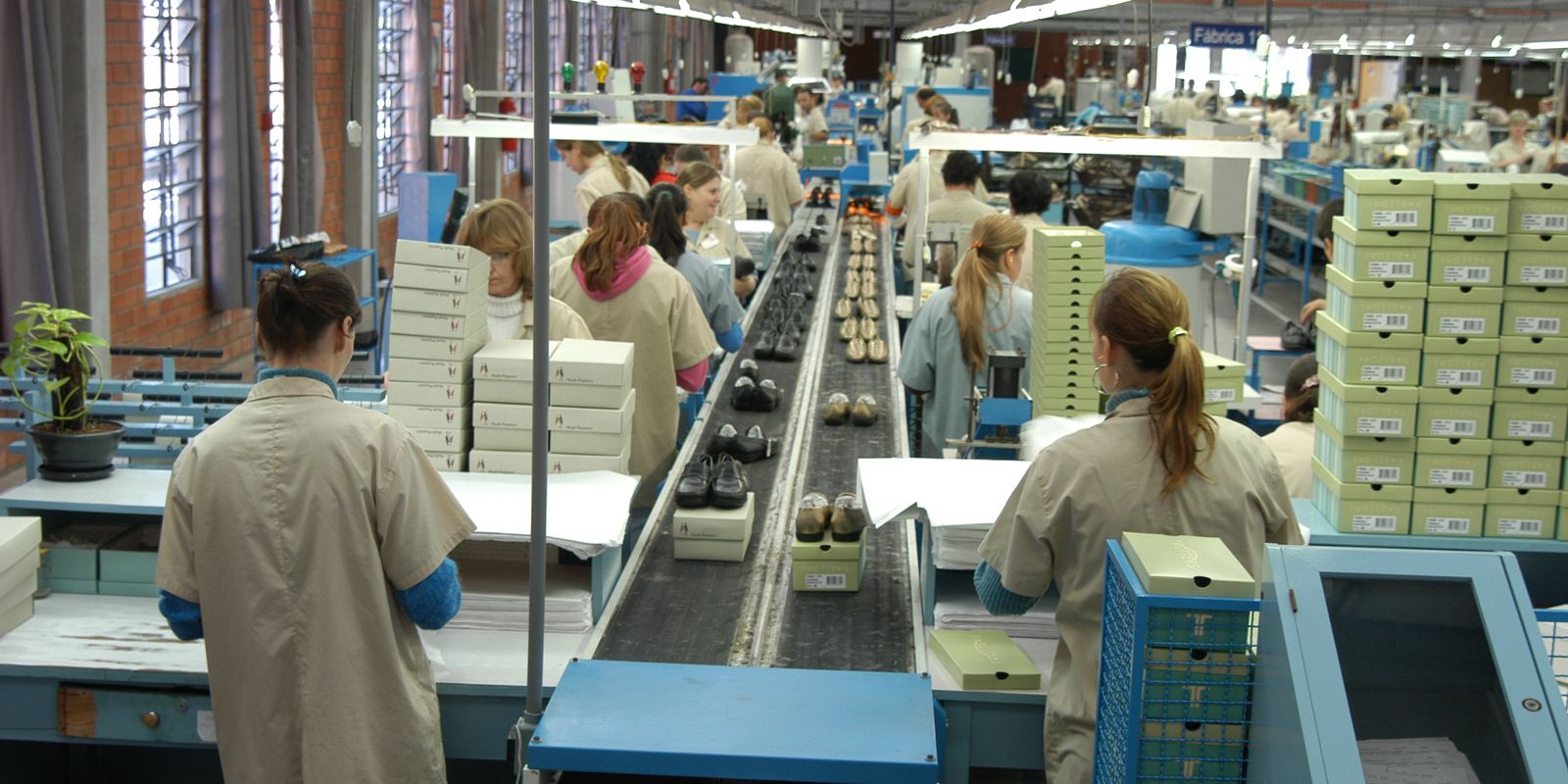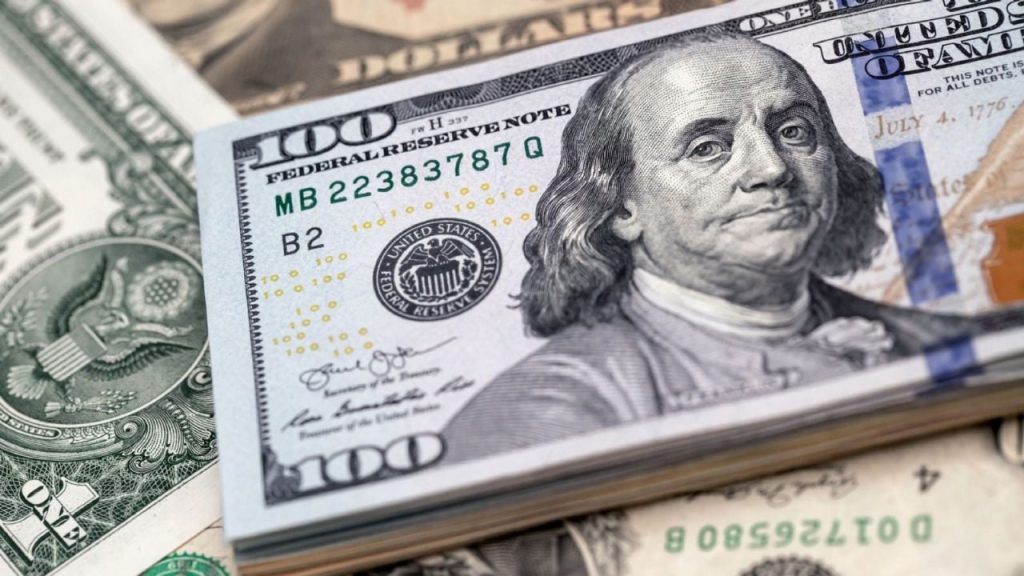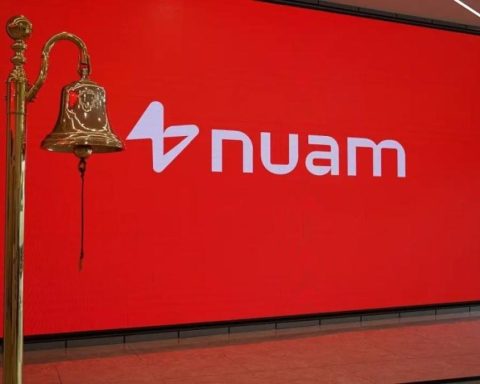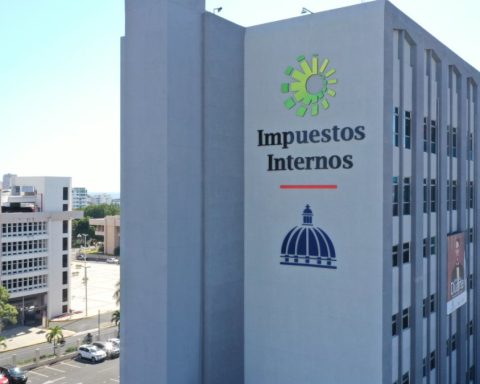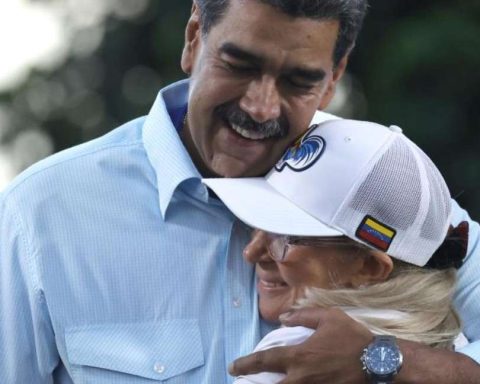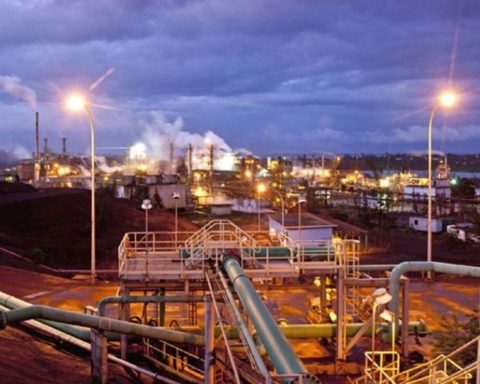The debates surrounding the interest rate in Brazil and the intensification of conflicts in the Middle East interrupted the downward trajectory of the Economic Uncertainty Index, calculated by the Brazilian Institute of Economics (Ibre) of the Getulio Vargas Foundation (FGV). After three consecutive months of decline, the indicator reached 107.8 points in September, the same level as in August, as announced this Monday (30).
The index is a thermometer of economic uncertainty based on two elements, media and expectations. The media component takes into account mentions of uncertainty in newspapers and news websites. The expectation component takes into account forecasts from economic analysts regarding exchange rates, interest rates and inflation.
In September, the media factor fell 0.1 point; while expectation rose 0.1.
In May, the index was at 112.9 points, falling to its current level. The lower the indicator, the lower the uncertainty in the economy. The lowest level ever recorded was in December 2000, reaching 83.6 points. The highest was at the beginning of the covid-19 pandemic, in April 2020, when it reached 210.5 points.
September’s marker is the second lowest since April 2024 (106.5 points). As it is below 110 points, the result is classified by FGV economist Anna Carolina Gouveia as a “region of moderate uncertainty”.
“The analysis of daily data revealed a drop in the indicator until the middle of the month, possibly driven by the positive results of economic activity. In the second fortnight, however, it rose again, pressured by discussions about monetary policy in the coming months and the worsening of the conflict in the Middle East”, wrote the economist in the press release.
Scenario
On the 18th, the Central Bank’s Monetary Policy Committee (Copom) increased the Selic by 0.25 percentage points, taking the economy’s basic interest rate to 10.75% per year. It was the first increase since August 2022.
Regarding the Middle Easthighlights in September were Israeli offensives in Lebanon, targeting Hezbollah, a Muslim political group with a strong armed wing.
The collection of information by FGV is always carried out from the 26th of the month prior to the reference month to the 25th of the reference month. Thus, the assassination of the Hezbollah leader, Hassan Nasrallah, on the 28th has not yet influenced the FGV index.
